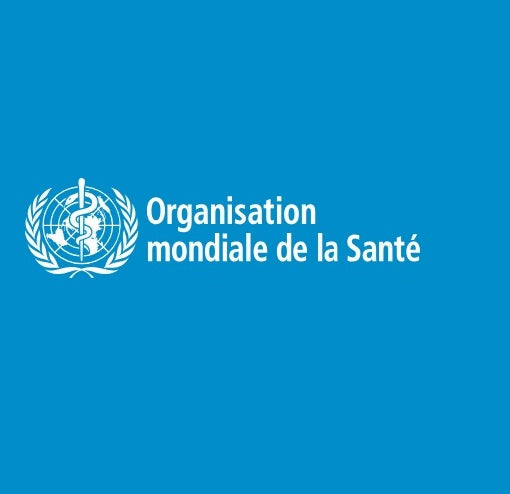
CBD “not harmful to health” according to the WHO!
Share
CBD “not harmful to health” according to the WHO!
The WHO (World Health Organization) officially recommended, on December 14, 2017, that cannabidiol (CBD) should not be classified internationally as a controlled substance.
Is cannabidiol dangerous?
Cannabidiol (CBD) is one of the compounds (around 200) in the cannabis plant.
At a meeting in November 2017 (1), WHO experts concluded that
“ pure CBD does not appear to have any potential for abuse, nor does it appear to be harmful to health .”
Therefore, since cannabidiol is currently not classified as a substance in its own right (only as a compound of cannabis extracts), current information does not justify either the change in status or the classification of this substance.
Some countries have relaxed regulations regarding CBD to consider products containing it as medical products. These include Australia, Canada, the United States, the United Kingdom and Switzerland.
A second report written by the WHO in 2018 (2) describes CBD in these terms:
“ Cannabidiol is present in cannabis and cannabis resin, but it lacks psychoactive properties, is not subject to abuse, and has no addictive potential . It also has no significant harmful effects . Cannabidiol has been shown to provide effective management of certain treatment-resistant childhood seizure disorders and was approved for use in the United States in 2018.
Can CBD be used for medical purposes?
The first data from studies carried out in humans and animals (a controlled study published in the New England Journal of Medicine and other individual cases reported) show that its use could have therapeutic virtues for seizures due to epilepsy and associated pathologies.
Some people use cannabidiol to calm spasms during epileptic seizures. Recently, studies have been published indicating that there is some evidence of possible effectiveness during epileptic seizures (3).
This means it could be used for medical purposes, but further evidence is still needed.
Bibliography:
1 Summary of the WHO report of December 19, 2017 on Cannabidiol.
https://www.who.int/en/news-room/questions-and-answers/item/cannabidiol-(compound-of-cannabis )
2 WHO report, WHO Expert Committee on Drug Dependence
( Geneva (Switzerland), November 12 – 6, 2018)
https://apps.who.int/iris/bitstream/handle/10665/344328/9789240019669-eng.pdf?sequence=1
3 Devinsky O, Cilio MR, Cross H, et al.
Cannabidiol: pharmacology and potential therapeutic role in epilepsy and other neuropsychiatric disorders.
Epilepsy.2014;55(6):791-802.
